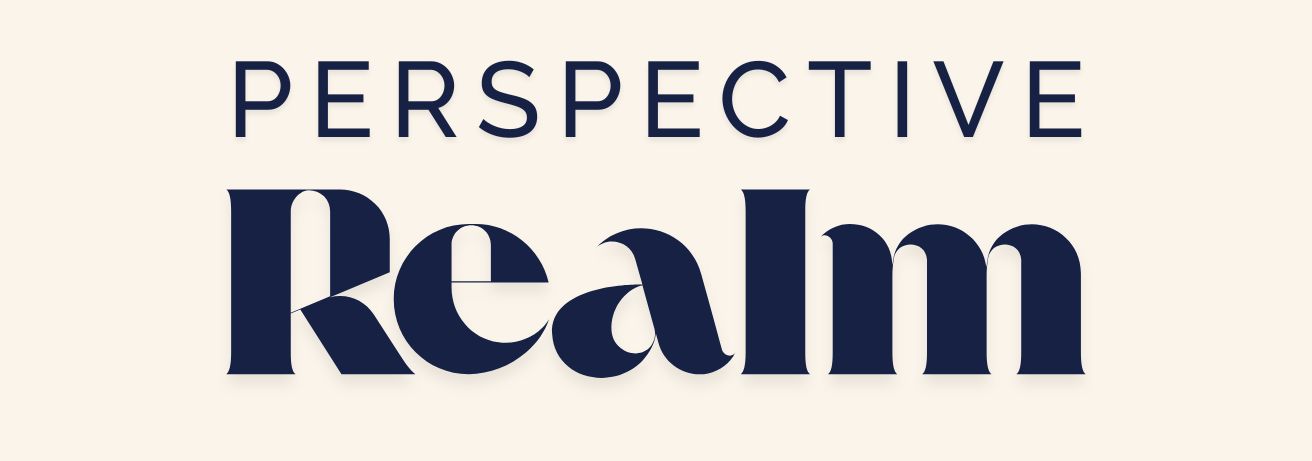Outline
- The Power of Perspective: A Key to Creative Breakthroughs
- The Box of Familiarity: Why We Get Stuck in Patterns
- Reframing Reality: Psychological Insights into Creativity
- Shifting the Lens: Practical Examples of Perspective Change
- Implementing a New Perspective: Techniques to Ignite Your Creative Fire
- Final Thoughts: Embracing the Infinite Realm of Perspectives
- FAQs
The Power of Perspective: A Key to Creative Breakthroughs
Imagine standing atop a mountain peak, gazing down at a valley you’ve only ever experienced from below. Suddenly, familiar landmarks appear fresh, your understanding transforms, and connections become clear. In this same manner, altering your perspective opens pathways to profound creativity and insight. Just as moving your vantage point allows you to appreciate hidden angles and new realities, shifting mental perspectives can unlock innovative ideas, solve stubborn problems, and ignite a spark within your creative soul.
The Box of Familiarity: Why We Get Stuck in Patterns
We naturally gravitate towards familiar patterns of thought, akin to following the same worn paths in a dense forest. This cognitive shortcut provides comfort, efficiency, and a reassuring sense of predictability. However, this habitual mindset also imprisons us, restricting our creative potential by blinding us to alternative routes through life’s complexity.
Psychologists refer to this phenomenon as cognitive fixation—the mental block that keeps us trapped in conventional views and repetitive ideas. This fixation inhibits originality and discourages exploration beyond our routine thinking patterns. Recognizing this invisible barrier is the first crucial step towards creative liberation.
Reframing Reality: Psychological Insights into Creativity
Cognitive reframing—a cornerstone of psychology—holds immense power in transforming creativity. By consciously choosing to interpret experiences through different lenses, you actively reshape neural pathways. Neuroplasticity—the brain’s remarkable ability to reorganize itself by forming new neural connections—responds directly to perspective shifts, resulting in enhanced creative capabilities.
Consider a classic psychological experiment known as the “Candle Problem,” conducted by psychologist Karl Duncker. Participants struggled to affix a candle to a wall using only a box of tacks and matches, largely due to their fixed perception of the box as merely a container. When encouraged to view the box differently—as a functional shelf—participants swiftly reached a solution. Such experiments vividly illustrate how reframing our perspective dissolves barriers that previously appeared insurmountable.
Shifting the Lens: Practical Examples of Perspective Change
History brims with individuals who mastered the art of perspective shifts, resulting in groundbreaking innovations. Steve Jobs famously championed the “intersection of art and technology,” a reframing that allowed Apple to redefine industries. Similarly, Pablo Picasso, by intentionally embracing child-like simplicity in his art, revolutionized the art world with Cubism—proving that a different perspective can change entire paradigms.
Yet, perspective shifts are not solely reserved for geniuses or historical figures. Everyday acts also provide opportunities for perspective adjustments. Perhaps it’s seeing failures as stepping stones, setbacks as disguised lessons, or conflicts as opportunities for deeper understanding. Each small reframing we undertake enriches our creative landscape, gradually transforming the way we approach life itself.
Implementing a New Perspective: Techniques to Ignite Your Creative Fire
How, then, can you deliberately initiate these vital shifts? Begin by actively challenging your assumptions. When encountering a challenge, ask yourself: “What assumptions am I making right now? What if they were wrong?” This simple yet powerful exercise cracks open doors previously invisible to your habitual gaze.
Another impactful approach is adopting alternative personas. Imagine tackling your problem as someone entirely different—an artist, scientist, child, or explorer. What fresh insights might their perspectives offer? Embracing these role-playing exercises temporarily disrupts familiar neural circuits, sparking bursts of creativity.
Furthermore, practice mindful curiosity. Cultivate an intentional habit of asking open-ended questions: “What if?”, “Why not?”, and “How else?” Such questions free your mind from rigid constraints, inviting novel connections and original ideas to blossom.
Final Thoughts: Embracing the Infinite Realm of Perspectives
Each perspective we embrace functions like a unique prism, refracting life’s ordinary circumstances into dazzling possibilities. Real creativity—deep, meaningful, and transformative—flourishes when we consciously challenge our habitual perspectives, opening ourselves to the infinite dimensions of perception.
By regularly cultivating perspective shifts, you transcend your cognitive confines. You forge fresh neural pathways and amplify your inherent creative power. Such openness, courage, and curiosity transform not only how you approach problems but also how you experience life itself.
Remember, creativity is not a mystical talent gifted to a select few; it is your inherent birthright, ready to emerge whenever you’re willing to shift the prism through which you view your world. Choose today to view your reality differently, and watch how beautifully your creative spirit will rise.
FAQs
How can changing perspective practically enhance my creativity?
Shifting perspective helps break cognitive fixations, enabling you to discover novel connections, ideas, and solutions. It enhances your mental flexibility and openness, critical components of genuine creativity.
Are there simple exercises to practice reframing my perspective daily?
Absolutely! Regularly question your assumptions, engage in thought experiments from alternative viewpoints, and consciously practice mindful curiosity by posing open-ended, exploratory questions.
Can changing my perspective also benefit other areas of my life beyond creativity?
Certainly. Perspective shifts can improve your emotional resilience, relationships, decision-making, and ability to manage stress, leading to a richer, more meaningful experience of life itself.












